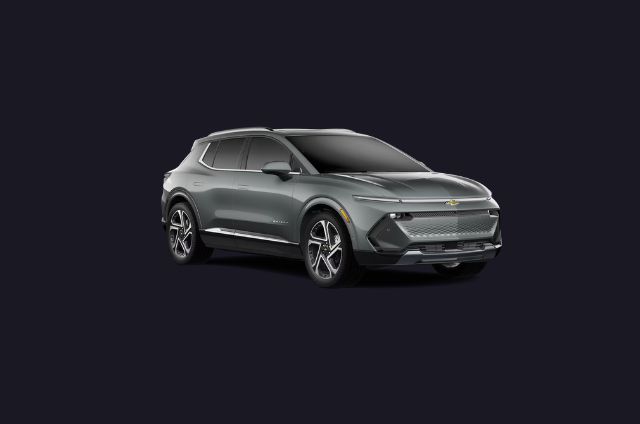Recent reports have sparked discussions about Toyota’s EV production targets, particularly concerning a potential reduction in its 2026 pure battery electric vehicle (BEV) forecast. The Nikkei reported that Toyota plans to lower its 2026 BEV production target by 30%, from the previously anticipated 1.5 million units to 1 million. However, Toyota quickly addressed these claims, emphasizing that these figures are not fixed targets but rather guidelines for stakeholders as the company navigates the rapidly evolving EV landscape.
Toyota Shows Flexible Approach
Toyota has built its reputation on responding to customer needs, and its approach to electrification is no different. While the company currently offers two BEV models—the bZ4X crossover and the Lexus RZ—it continues to see significant sales from its full hybrid lineup. Toyota’s strategy is to remain flexible, offering a mix of BEVs, hybrids, and plug-in hybrids to meet diverse consumer demands.
Despite the revisions in production forecasts, Toyota remains committed to its long-term electrification goals. The company is actively expanding its supply chain, particularly in battery technology, to ensure it can meet future demand for electric vehicles. A key part of this effort is Toyota’s recent decision to take full ownership of its lithium battery supplier, PrimeEarth EV Energy, which will soon be rebranded as Toyota Battery. This move underscores Toyota’s dedication to securing the necessary resources to support its ambitious electrification plans.
Industry-Wide Trends: Are We Seeing an EV Slowdown?
Toyota isn’t the only automaker revising its EV strategy. Other major players, including Ford, GM, and Volkswagen, have also made adjustments in response to changing market conditions. Ford, for instance, is focusing its battery EV investments on commercial vans and pickup trucks, while GM has delayed the opening of its second U.S. electric truck plant. Volkswagen, on the other hand, has seen sales declines for its ID.4 and ID.5 EVs in the first half of 2024.
However, despite these adjustments, the global EV market remains robust. Industry analysts point out that EV sales in the first half of 2024 were higher than ever, with 6.15 million units sold across the top 15 EV markets. This represents 21% of the global market, indicating strong demand and growth potential.
As Toyota continues to refine its EV strategy, the company remains focused on providing a range of electrified options to meet customer needs. With ongoing investments in battery technology, infrastructure improvements, and software development, Toyota acts quite well to navigate the evolving landscape of the automotive industry. The company’s flexible approach ensures it can adapt to market dynamics while remaining committed to a sustainable, electrified future.



